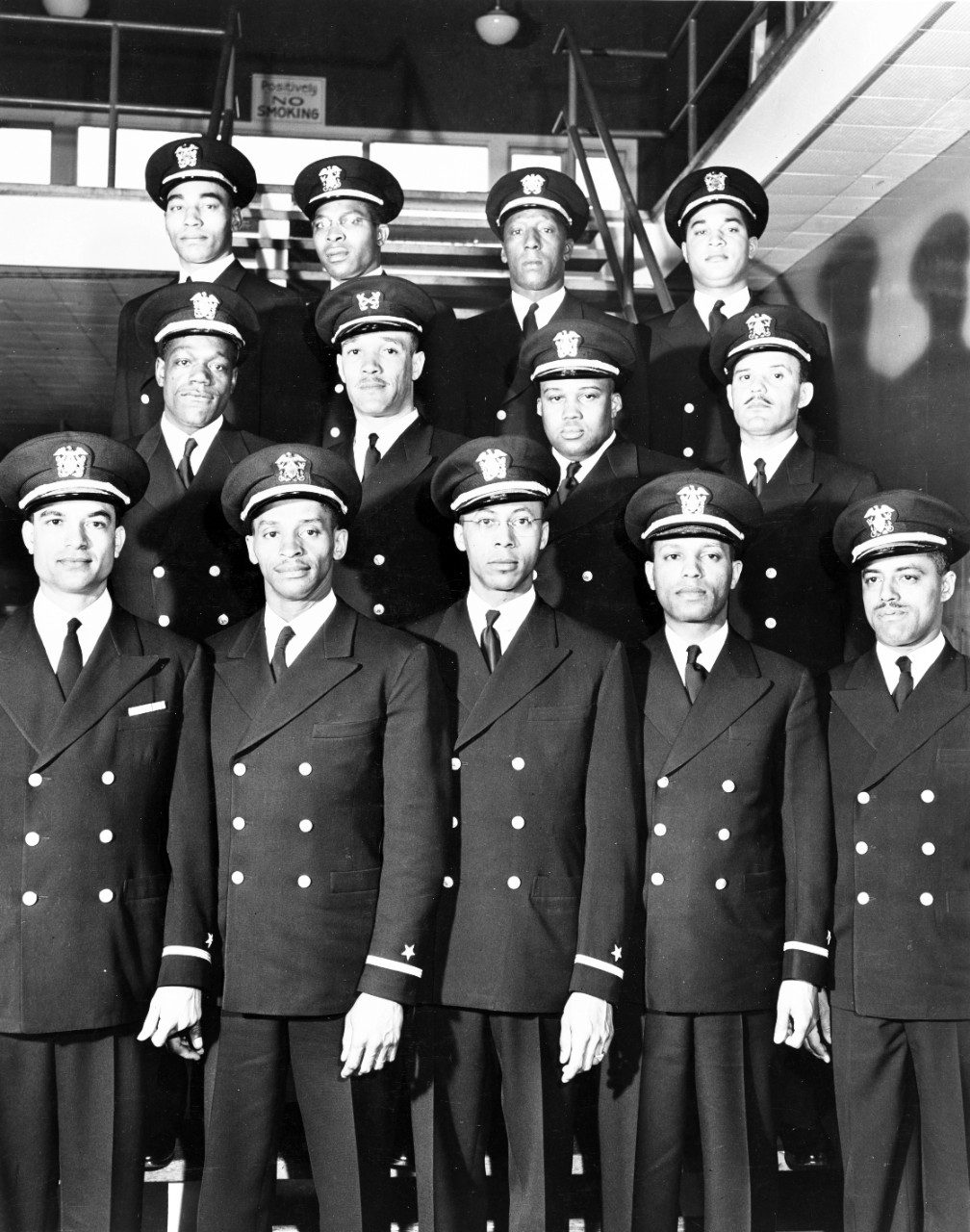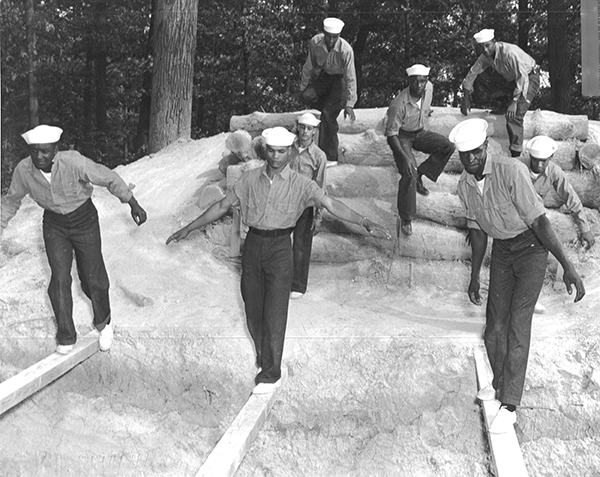The Golden Thirteen were the First African-American Officers in the U.S. Navy
In the midst of ongoing debates over Diversity, Equity, and Inclusion (DEI) initiatives, it’s crucial to reflect on the often-overlooked contributions of African Americans to our nation’s history. One such story is often overshadowed, that of the Golden Thirteen—the first Black men to break racial barriers in the U.S. Navy during World War II.

World War II was a time when the United States had to confront its own limitations in order to overcome global conflict. Women stepped into roles once dominated by men, proving their capabilities in factories, offices, and even the armed forces. African Americans, who had long been restricted to menial roles in the military, also proved that their skills and bravery were essential to the war effort. Among these pioneers were the Golden Thirteen—the first Black men to break racial barriers in the U.S. Navy and become officers.
Overcoming Systemic Racism in the Navy
In 1944, sixteen Black enlisted men were selected for an accelerated officer training program at the Great Lakes Naval Training Station in Illinois. Despite facing systemic racism and skepticism about their capabilities, these men excelled, achieving the highest average test scores in Naval history at that time. However, only twelve were commissioned as officers, one became a chief warrant officer, and the remaining three were inexplicably returned to the enlisted ranks.

Challenges Beyond Commissioning
After earning their commissions, the Golden Thirteen continued to confront racism. They endured substandard living conditions, disrespect from white sailors who refused to salute them, and social isolation as officers’ clubs would empty upon their arrival.

Their resilience and quiet determination not only paved the way for future generations of Black naval officers but also contributed to the broader civil rights movement.
Parallels to Contemporary DEI Debates
Like many, the story of the Golden Thirteen is particularly relevant today as discussions about DEI programs intensify. Recent actions, such as the Pentagon’s discontinuation of cultural awareness months under Defense Secretary Pete Hegseth, have sparked concerns about the erasure of significant aspects of U.S. history, including the contributions of the Tuskegee Airmen.
Lessons for Today
Reflecting on the Golden Thirteen’s perseverance offers valuable lessons for current and future generations. Their story underscores the importance of resilience in the face of adversity and the impact that determined individuals can have on dismantling systemic barriers. As we observe Black History Month, it’s essential to honor such narratives, ensuring they remain integral to our collective understanding of American history.
The legacy of the Golden Thirteen serves as a powerful reminder of the strides made toward equality and the ongoing efforts required to achieve true inclusivity within our institutions.






